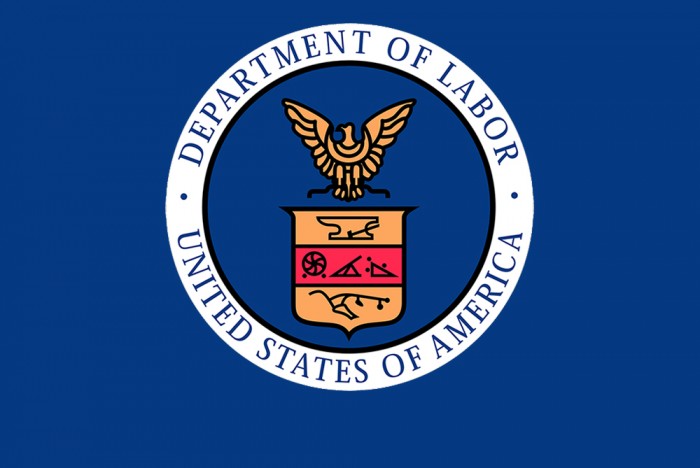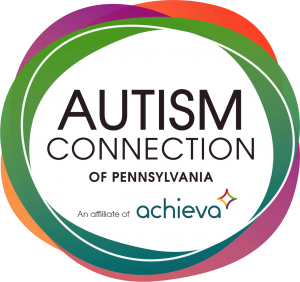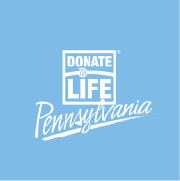Carol Ferenz
ANCOR’s 2022 Policy Summit & Hill Day Registration Now Open
Policy Forum: “Are Large Institutions for People with IDD a Thing of the Past?”
Institute on Community Integration (ICI) Policy Forum:
Thursday, June 23, 2022, 1:00 pm – 2:30 pm Central Time
Register here
Join Mary Sowers, Celia Feinstein, and Sherri Larson on June 23 for a Policy Forum webinar on deinstitutionalization. The large, state-run institutions that housed people with intellectual and developmental disabilities (IDD) are closing as people with disabilities increasingly live in the community. The seventeen states that have already closed their institutions have found ways to support all people with IDD, regardless of age or type or intensity of support needs, in home- and community-based settings. Policy initiatives and technical assistance efforts should help the remaining states to do the same. Julie Bershadsky will moderate. Registration is free but required.
The Policy Forum is a bi-monthly web-based presentation and facilitated discussion exploring research published in the most recent Policy Research Brief. Please visit the website, z.umn.edu/icipolicyforum, for details and to view previous forums. The Policy Forum and Policy Research Brief are produced/published at the University of Minnesota by the Institute on Community Integration.
View or download Policy Research Brief: Are Large Institutions for People with Intellectual or Developmental Disabilities a Thing of the Past?
ODP Transition to Independent Living Payments
ODP Announcement 22-068 is intended to provide guidance to all stakeholders who participate in the process of transitioning an individual from residential habilitation service to supported living or lifesharing. ODP is pleased to announce the availability of transition to independent living payments. These payments are directed towards providers of residential habilitation, lifesharing, and supported living programs to incentivize exploration and movement to supported living or lifesharing living programs.
Data, Data Everywhere Member Webinar Recording and Materials
Final Acts of Love
Curtis and his wife, Lisa
Final Acts of Love
Curtis Upsher is remembered for his many years of service as a pioneer as an original, founding member of The Black Student Union at Millersville University, and as an avid supporter of the autism community.
His legacy continues in his final acts of love as an organ donor.
Read About Curtis Here
ISAC Meeting Materials
The Information Sharing and Advisory Committee (ISAC) met this week. Deputy Secretary Ahrens reported that CMS has extended the timeline for states to spend the American Rescue Plan Act (ARPA) funds to March 2025. This allows for better planning and coordinating of the expenditures.
Providers have until the end of this month to submit proposals for use of these funds for training and credentialing of staff, technology (SCOs have a particularly good opportunity in this area), and development of business associates in industries.
- Heidi Arva reported on initiatives for Children with Medical Complexities and what has been accomplished in the past year.
- Laura Dietz and Kirk Golden presented an overview of the Adult Protective Services (APS) to ISAC, and also the Adult Protective Services Annual Report for FY 19/20.
- Angela Fortney presented an update on ISAC Recommendation #10 Expand Options for Community Living.
- Julie Mochon reported on ISAC Recommendation #4: Supporting Families throughout the Lifespan. She also discussed a report from the Wingspread Conference Building a National Agenda for Supporting Families with a Member with Intellectual and Developmental Disabilities.
- Samir Abdelhadi shared a report from members of the racial equity work group on Recommendation # 14: Racial Equity, and their thoughts regarding data collection added to other ISAC recommendations and to IM4Q.
- Status reports on Sexual Abuse Prevention plans from ODP State Centers, and PA Family Network were also reviewed.
ODP Gross Adjustments for Paid Promise Claims
ODP Announcement 22-067 is to provide information about processing gross adjustments for paid promise claims. ODP is processing these claims with a date of service from January 1, 2022 thru February 28, 2022. These adjustments will be visible on provider Remittance Advices on June 27, 2022 at the provider’s highest billing service location.
The adjustments will reflect the difference in the current (effective January 1, 2022) fee schedule rates and the previous fee schedule rates (which were still active in HCSIS/promise thru March 1, 2022) times the number of service units billed and paid as of 5/30/2022.
Providers are encouraged to review their payment/trade files for the relevant time period in order to validate the gross adjustment amounts. Instructions on how to download payment files from promise can be found in the HCSIS learning management system (LMS), under the heading “ODP-ID/A: FM300J Payment File.”
Temple University Institute on Disabilities Legislative Expo and Information Sharing is June 22
Make your Voice Heard by Legislators as Final Budget Negotiations are Underway
Our legislators are now determining whether to invest in DSP wages or place funds in the Rainy Day fund. Tell lawmakers to increase #DirectCarePA funding in the #PaBudget!
If you haven’t done so already, please reach out and urge lawmakers to increase funding to support human services professionals, so individuals and families in need get the support and care they deserve. Ask your networks to do the same.
Be sure to share our video on your social media pages, too. To share the video, check out our Facebook and Twitter pages where we have the videos posted. Be sure to “like” it and share it with your followers. Don’t forget to tag @directcareworks and use the #DirectCarePA and #PABudget hashtags so we can ensure as many people as possible see it.
It’s so important for us to share the story about how this workforce crisis is affecting individuals and families in need, as well as the providers and professionals who want to serve them.
Most importantly, TAKE ACTION TODAY. Tell lawmakers to increase funding to address the workforce crisis facing Pennsylvania’s health and human services. Thank you for your continued support.




















